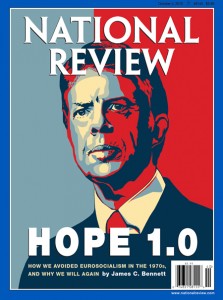“Were the 1980s really the Decade of Greed? There were stories of some people making lots of money, but did that make them or all of us a lot more greedy? Is resenting the success of others a reaction that people of goodwill should have? As Des would say, isn’t prosperity – even if it’s other people’s – a good, not a bad thing? Certainly during the eighties there were cases of behavior that looked “grasping” to an antisocial degree, but was this so widespread – was it in all our hearts – that the whole decade deserved that obloquy?
Perhaps the notable feature of the decade was not that some people made money but that so many others were so bent out of shape by that. If some yuppie got a bonus, what was that to us? Rather than the Decade of Greed, wasn’t it really the Decade of Envy? Or the Decade of Envy, Jealousy, and other resentments there was no reason for those afflicted to sound so proud about?
Subjectively, far from being a Decade of Greed, the early 1980s were years of hard work and maximum productivity, better in my opinion than any period that has come since. For me and a lot of other people, the eighties were the young-adult Wonder Years, when autonomy came to the fore and we could finally do the things we were in uncomfortable preparation for all the years before that.”
– Whit Stillman, The Last Days of Disco, With Cocktails at Petrossian Afterwards
